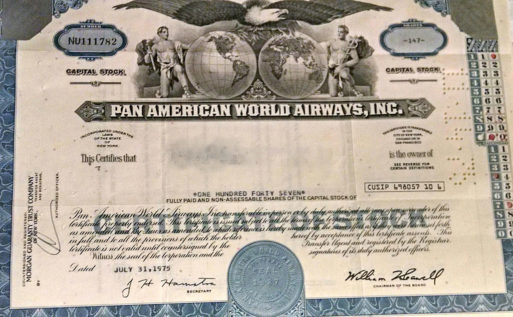
Docket number: 3:20-cv-772 (E.D. Va.)
On August 4, 2023, Hamilton Lincoln Law Institute’s director Theodore H. Frank moved to intervene and reopen a shareholder derivative settlement approved in February, which would destroy at least $125 million in shareholder value. The settling parties provided no direct notice of the nine-figure settlement, relying instead on publication notice and an SEC filing. The settlement resolves a suit against Altria and Juul directors alleging breaches of fiduciary duties in Altria’s disastrous investment in Juul, which cost Altria and its shareholders billions of dollars.
Frank, an Altria investor, contends the settlement harms shareholders because the defendants pay nothing for their alleged misconduct. Instead, the settlement requires the victim—Altria—to pay $100 million (and up to $107 million) as a “funding commitment” to bankroll new programs against youth smoking. It requires payment of another $10 million to pay an independent monitor chosen by the judge to oversee the funding commitment, and the district court awarded $15 million in attorneys’ fees. The settlement doesn’t remedy shareholder injury, nor does it prevent future ill-advised investments. The purported injunctive reforms are largely illusory and would not conceivably prevent mistakes like the Juul investment deal.
The lack of adequate notice renders final approval void or voidable, so Frank moved to intervene to modify or vacate the approval orders under Rule 60. He attached an objection to the underlying settlement, which explains why it should be denied following vacatur.
The settlement’s $100 million funding commitment resembles a cy pres settlement, where class benefits are diverted to uninjured third parties. This runs afoul of Article III insofar that it remedies no case or controversy between the settling parties. Because shareholders themselves fund the commitment through their ownership of Altria, it provides no genuine relief and instead compounds their harm, so should be rejected.
The court directed Frank to provide a detailed declaration and for the parties to respond to the motions. Plaintiffs disclosed that work product related to document production had been deleted following final approval of the settlement. Frank agreed that this constituted prejudice and withdrew his motions.
While Frank was ultimately too late to benefit Altria shareholders, HLLI will monitor future derivative settlements that divert significant money to unrelated third parties.
Case Documents
| Description | |
| Aug 04, 2023 | MOTION of Theodore H. Frank to Reconsider Final Approval Order and to Alter or Amend Final Judgment |
| Aug 04, 2023 | OBJECTION of Theodore H. Frank |
| Aug 04, 2023 | MOTION of Theodore H. Frank to Intervene |
